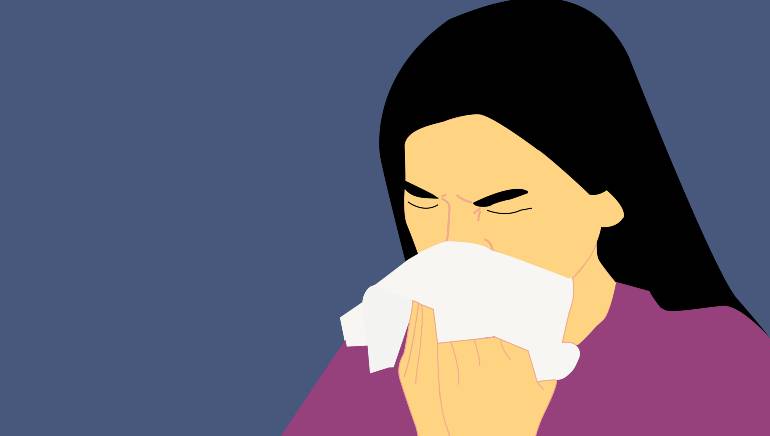
Air pollution is one of the biggest banes of our generation. There is an emerging interest in exploring the impact of pollution on climate change and on humans. We need to lay an emphasis on the effects of air pollution particularly on the health of women.
Air pollution is believed to have a direct impact on the vulnerable sections of society, especially women and children. Due to the lack of basic healthcare facilities and essential information, women tend to be more at risk as compared to their male counterparts when it comes to environmental consequences.
Respiratory illnesses are only one of the negative outcomes of air pollution on women. The toxic particles can harm the reproductive and cardiovascular health. Not only this, it can affect the endocrine system, causing hormonal disorders. Bad air quality can also impact on the mental health of women in the long run.
The negative effects of air pollutants we breathe in on a daily basis can give rise to grave health conditions like cancer. The toxic particles enter our bodies from various sources and disseminate carcinogenic components throughout the body. These pollutants have been directly linked to breast and ovarian cancer in women. Harmful pollutants like Nitrogen Oxides (NO2 and NOx) and Fine Particulate Matters (PM10 and PM2.5) are tied to the rise in breast cancer cases.
Over the last few years, exposure to air pollutants has been believed to have come in the way of the functioning of the endocrine system. These pollutants can occur naturally or artificially and they are termed Endocrine Disrupting Chemicals ( EDCs). These chemicals have a direct impact on the reproductive health of women. Chronic exposure to air pollution also increases the risk of dysmenorrhea – which affects the menstrual cycle causing severe period cramps. Menopausal women with increased levels of lead in their bloodstream when combined with exposure to air pollutants can give rise to hypertension, reduced kidney function, and decreased cognitive functions.
Air pollution has a major impact on maternal health as it causes pregnancy-related complications and miscarriages in women now more than ever. A large amount of scientific research shows that women who are exposed to air pollutants for a longer period of time are more likely to have premature babies.
In recent studies, it has been found that severe air quality causes more distress to people and even leads to rising suicide rates, especially among women. The air pollutants have a direct impact on the way our body metabolizes hormones like serotonin which stabilizes our mood and boosts our mind. An emerging connection can be witnessed between particular air pollutants and a wide range of mental health disorders like anxiety, depression, dementia, and childhood cognitive development.

Post-menopausal women suffering from cardiovascular diseases can experience sudden variations due to the presence of air pollutants. It may aggravate chronic heart conditions resulting in heart attacks and even possible death. Women suffering from diabetes are at the highest risk when it comes to assessing the effects of toxic pollutants.
Women with respiratory diseases can face health problems including difficulty in breathing, lungs inflammation, and worsening cases of asthma and COPD (chronic inflammatory lung disease ).
Select Topics of your interest and let us customize your feed.
PERSONALISE NOW
Women are exposed to a high level of indoor pollution because they are the main caretakers in most households. Indian women who are actively coming in contact with cooking fuels get affected by the introduction of pollutants like PM 2.5 into their bodies.
There is a pressing need to generate more awareness among people about the grave effects of air pollution on the health of women all over the world.
Consciousness will help people to find substantial ways of limiting the exposure to harmful pollutants and protect the ones who are most vulnerable to the harmful environmental impacts – women and children. Using air purifiers, avoiding outdoor exercises when the Air Quality Index is higher than safe levels, using energy-efficient appliances at home, and planting air purifying indoor plants can significantly help you to improve the air quality inside your homes.